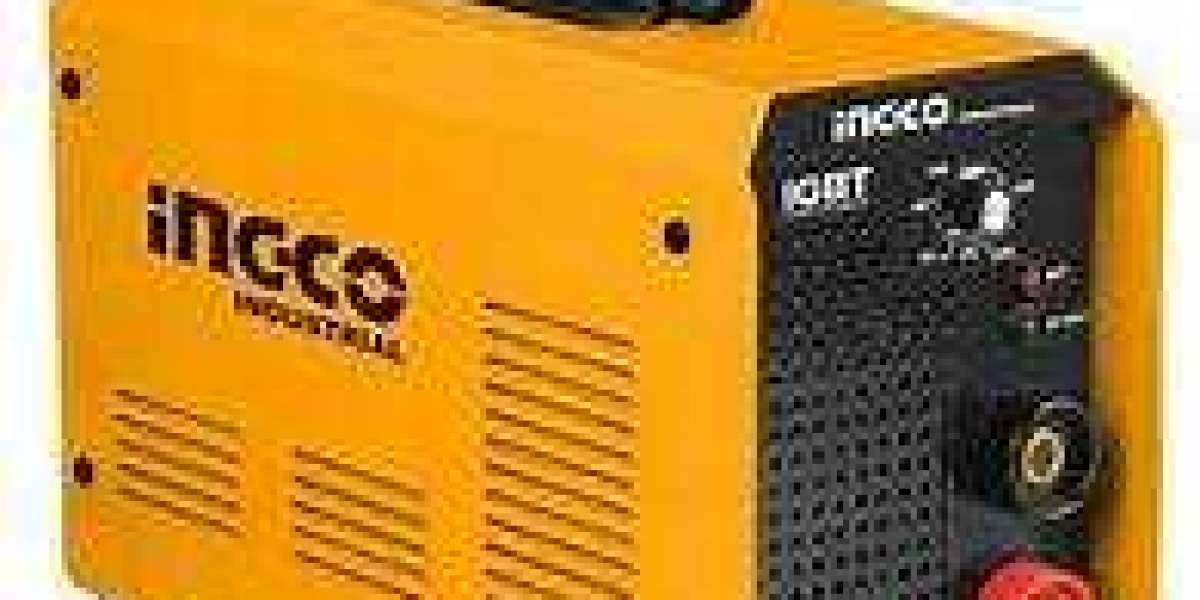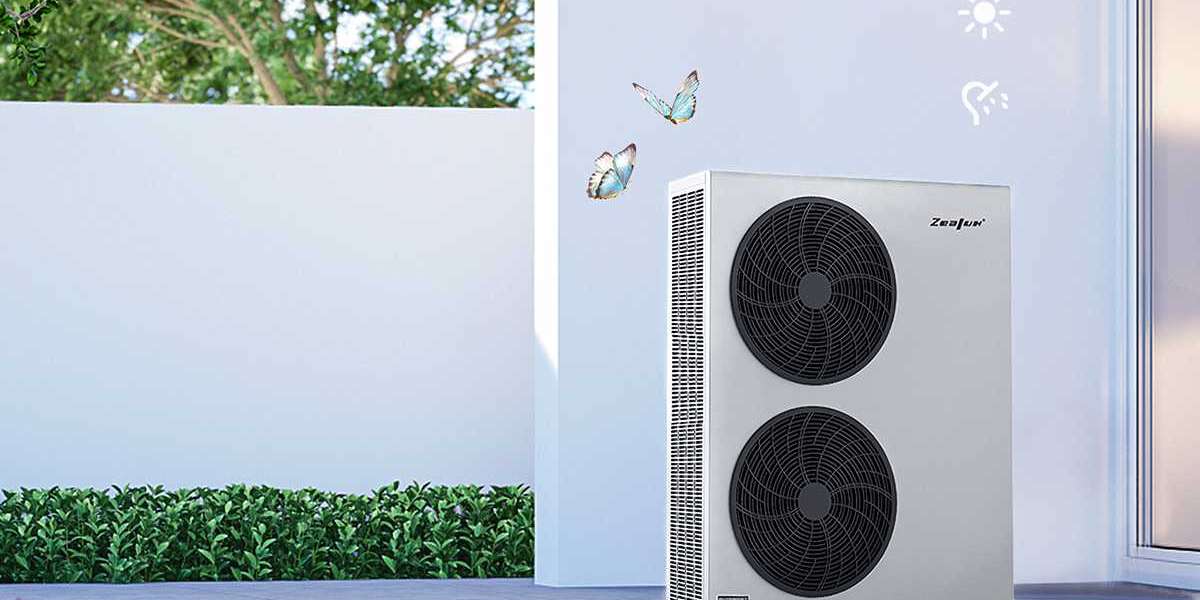Welding machines play a vital role in various industries, connecting metal pieces through the art of welding. These ingenious devices have become indispensable in sectors such as construction, manufacturing, automotive, and fabrication. In this article, we will take a deep dive into the components, functionalities, applications, and safety considerations of welding machines, while also highlighting some of the top manufacturers and distributors in the industry.
Components of Welding Machines:
Welding machines consist of several essential components that work together to create a stable and efficient welding process. Here are the key components:
Power Source: The power source is responsible for providing the necessary electricity to generate the welding arc. It can be in the form of direct current (DC) or alternating current (AC), depending on the welding process and materials used.
Electrode Holder/Clamp: The electrode holder or clamp is used to secure the electrode, which is the conductive material that carries the electric current to the workpiece. It ensures a stable connection and proper arc formation.
Ground Clamp: The ground clamp connects the welding machine to the workpiece, completing the electrical circuit and providing a safe path for the current to flow.
Transformer or Inverter: Welding machines use either a transformer or an inverter to convert the input voltage into the required welding voltage. Transformers are typically used in conventional welding machines, while inverters offer more compact and efficient designs.
Functionalities of Welding Machines:
Welding Machine come in various types, each catering to specific welding processes and applications. Here are some common functionalities found in welding machines:
Arc Welding: This is the most common welding process that uses an electric arc between the electrode and the workpiece to create a weld. It includes techniques such as Shielded Metal Arc Welding (SMAW), Gas Metal Arc Welding (GMAW/MIG), and Gas Tungsten Arc Welding (GTAW/TIG).
Resistance Welding: This process involves the application of pressure and electric current to join metal parts. It includes techniques like spot welding, seam welding, and projection welding.
Plasma Cutting: Some welding machines also have the functionality for plasma cutting, which uses a high-velocity jet of ionised gas to cut through metal.
Applications of Welding Machines:
Welding machines find extensive applications across various industries. Here are a few notable examples:
Construction: Welding machines are used in the construction industry for structural steel fabrication, pipeline welding, and repairing heavy machinery.
Manufacturing: They are crucial for manufacturing industries, where welding is required for the assembly of metal components, fabrication of equipment, and production of consumer goods.
Automotive: Welding machines are used in the automotive industry for welding vehicle frames, exhaust systems, and body panels.
Fabrication: They play a significant role in metal fabrication shops, where they are used to create customised metal structures, architectural elements, and artistic sculptures.
Top Welding Machine Manufacturers and Distributors:
When it comes to exploring authentic welding machines, it's essential to consider renowned manufacturers and distributors. Here are a few leading names in the industry:
Lincoln Electric: Lincoln Electric is a globally recognized company known for its wide range of welding machines, including arc welders, MIG welders, TIG welders, and plasma cutters. They are known for their reliability, performance, and innovation.
Miller Electric: Miller Electric is another reputable manufacturer offering a comprehensive range of welding machines for both industrial and personal use. Their products are known for their durability, advanced features, and user-friendly interfaces.
ESAB: ESAB is a prominent manufacturer of welding and cutting equipment, offering a wide array of machines suitable for various
Related Links :



